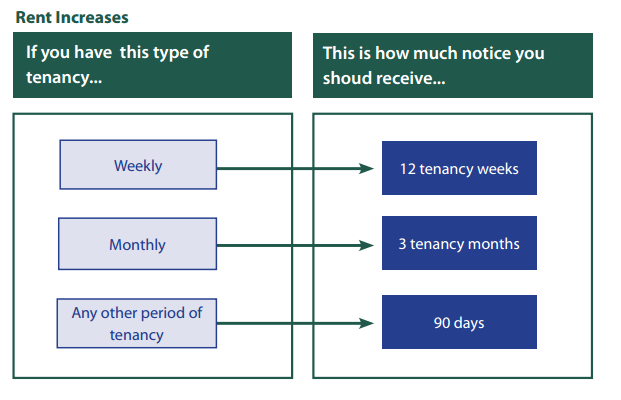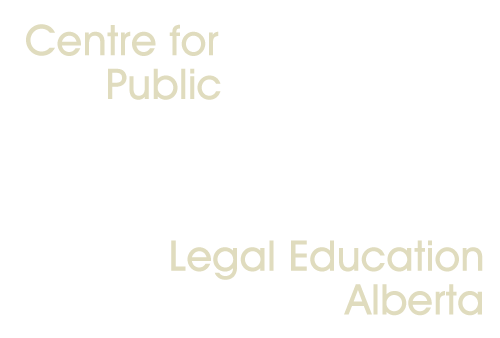The Residential Tenancies Act allows the landlord to increase the rent once a year. For monthly periodic tenancies, landlords must provide three tenancy months written notice of the increase in rent. If the landlord wants to increase rent starting on January 1, they must give rent increase notice before October 1. For weekly tenancies, landlords must give 12 weeks notice. For any other periodic tenancies, landlords must give 90 days notice.
For fixed term tenancies, the landlord can only increase the rent once per year. Also, they can only increase once the term is over. For example, the landlord could increase rent at the end of an one-year fixed term for the next fixed term tenancy.
For a six-month fixed term tenancy, the landlord cannot increase the rent at the end of that fixed term. This is because 365 days have not passed since the tenant began renting there. If they enter into a another 6-month fixed term tenancy after the first one, then the landlord could increase the rent at the end of the second lease.
The landlord does not need to provide written notice of a rent increase in a fixed term tenancy situation. It is a very good idea for the tenant and the landlord to talk to one another about what will happen at the end of the fixed term, and if the landlord is going to raise the rent. They should have this conversation at least one month before the end of the tenancy.
November 2023


